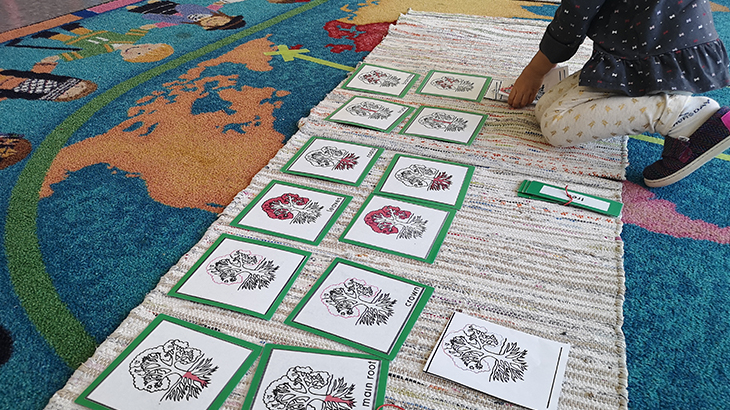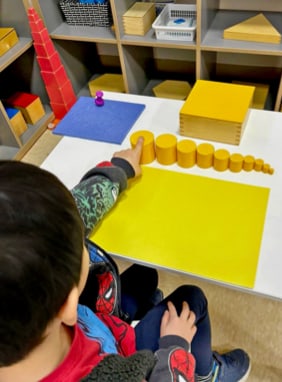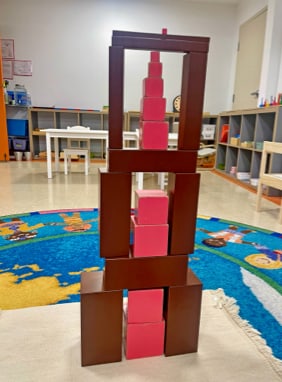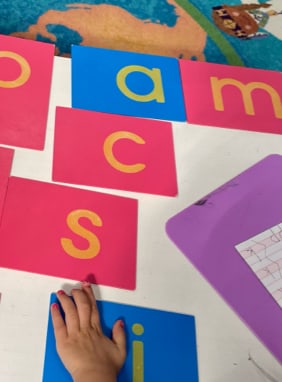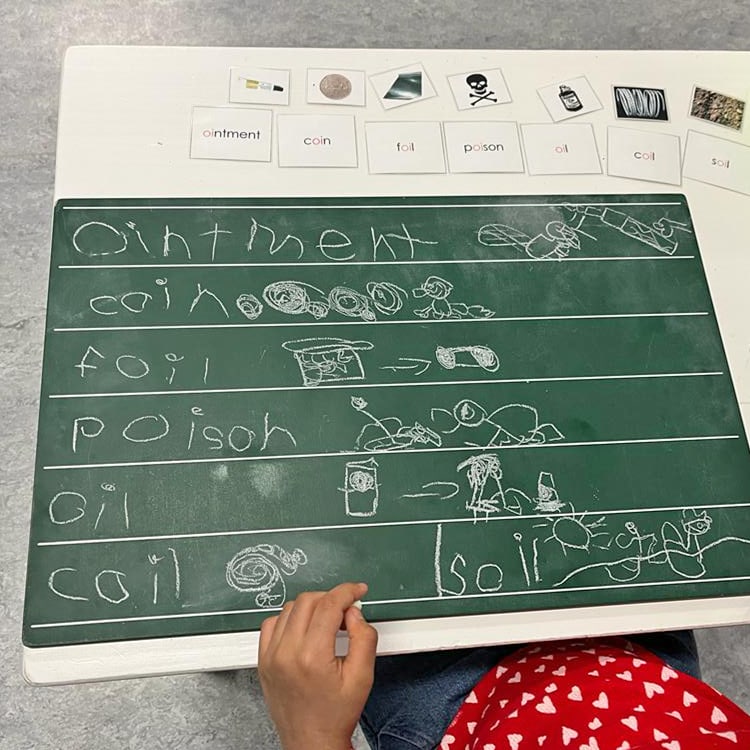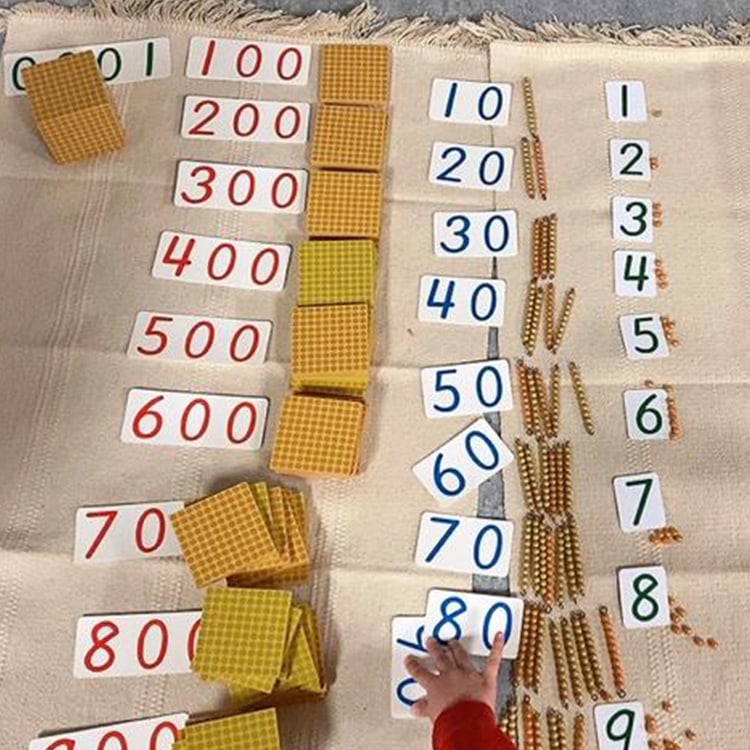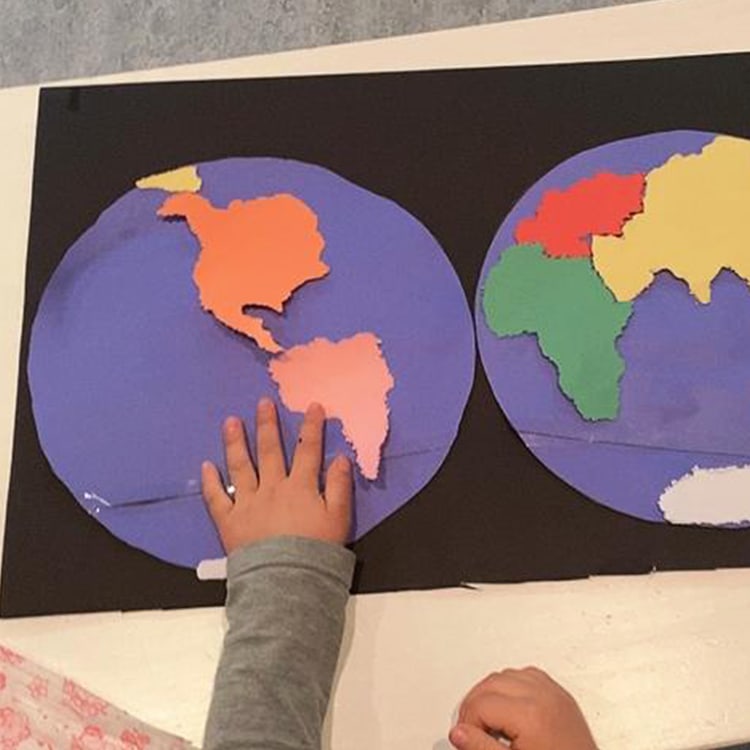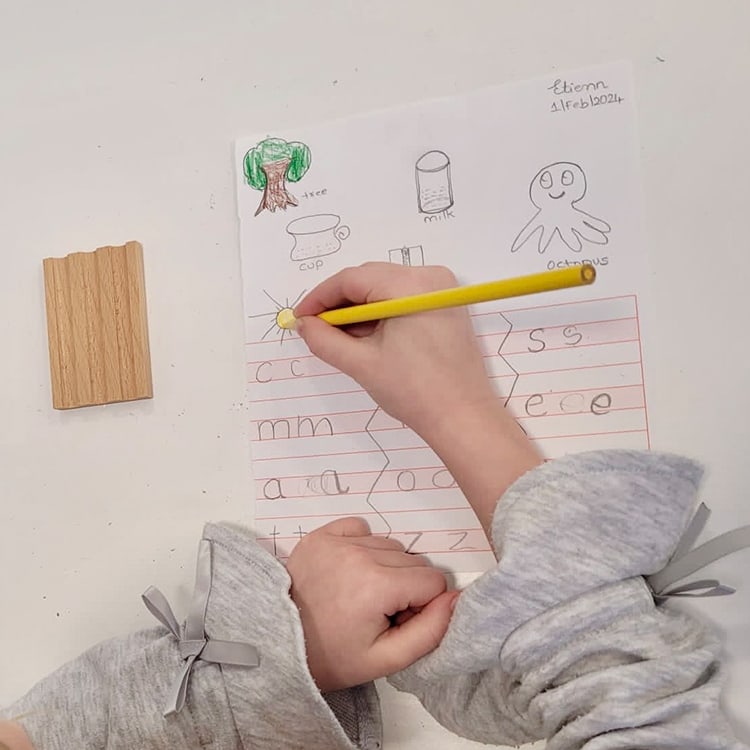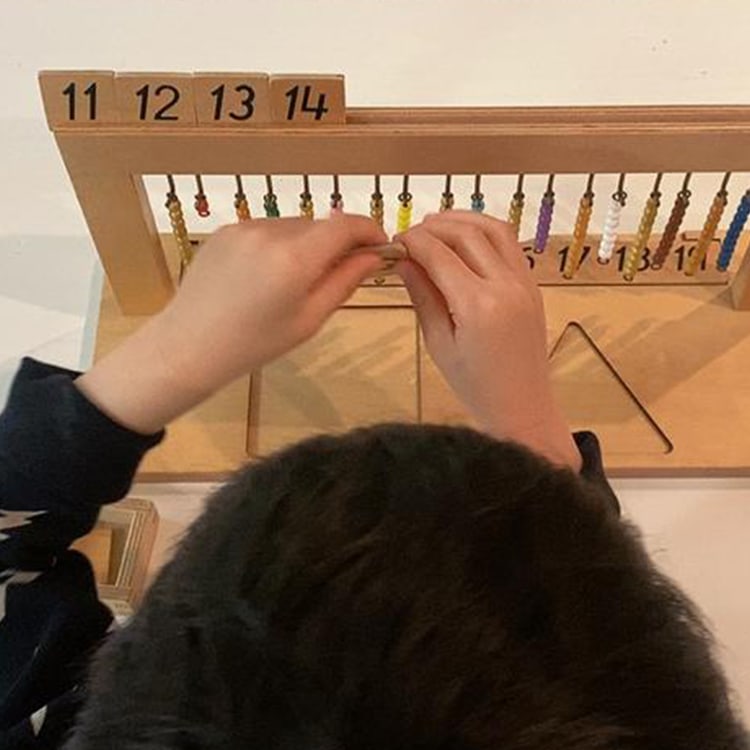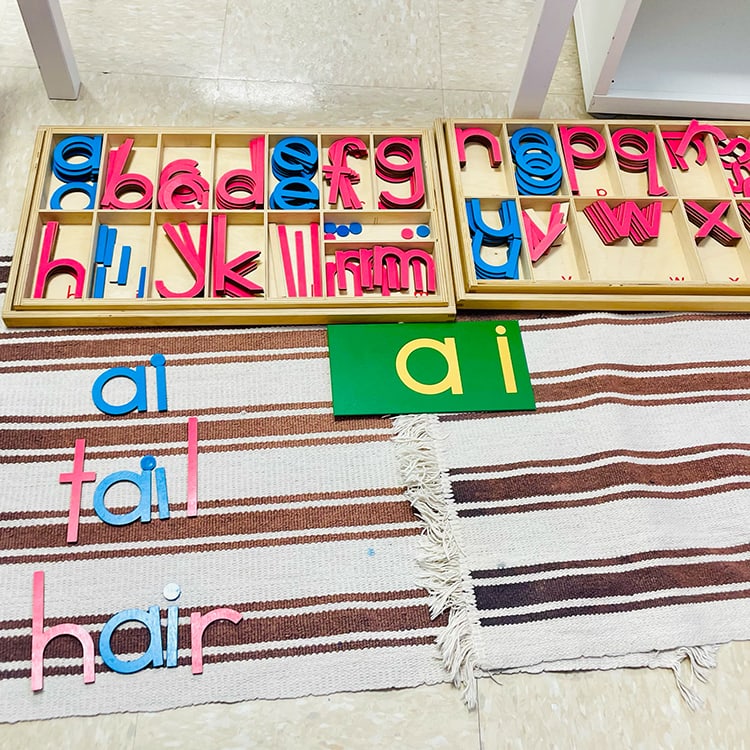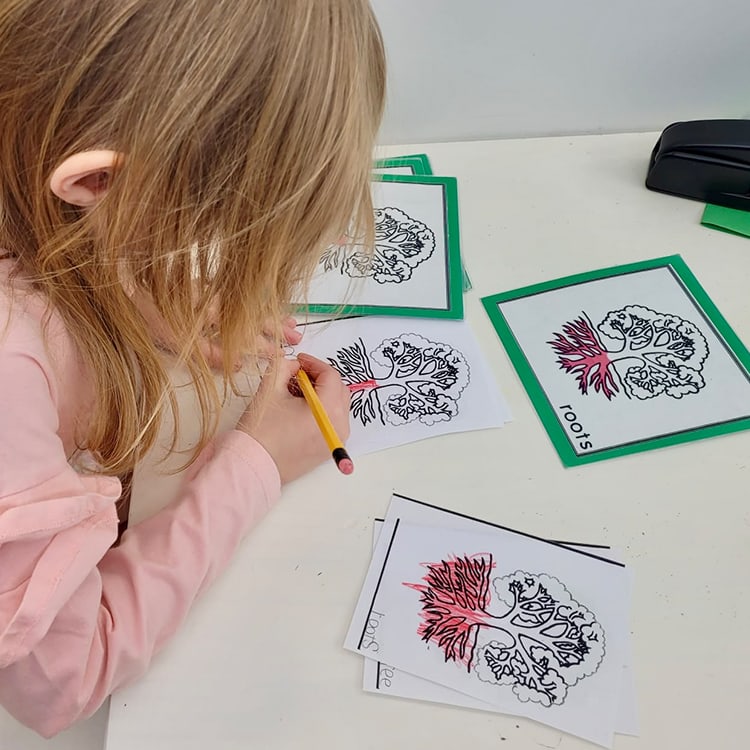Montessori schools were developed in the early 1900s in Italy. Since then, these schools have been sprouting up around the world, teaching in a manner that suits the natural inquisitiveness of children. This method works best if certain conditions are met.
The five most common are:
Condition #1: Parents Need to Understand the Philosophy
The more parents understand the approach at a Montessori school, the better they can support their child’s learning habits. If parents are focused on the end goal of education instead of the process, they may find themselves frustrated with the school’s methodology. Parents need to focus on the process of education rather than the end result. Academic success in their adolescent and and beyond depends on your child’s ability to learn and adapt rather how much they know.
What You Can Do:
Research on the Montessori process will help you understand how your child spends their day and can give you insight into how to support that style of learning in the home.
Condition #2: Proper Diagnosis of Any Learning Condition or Disability
Teachers have some knowledge of learning disabilities, but they are not doctors. Special and additional needs are important for teachers to be aware of so they can do their research and modify their particular classroom approach. It is important to have them properly diagnosed by a physician as many of these conditions have similar symptoms. An improper diagnosis will create more challenges for the child in the classroom.
What You Can Do:
If you feel that your child may have an undiagnosed condition talk to your doctor. They can refer you to a specialist so your child can have the best chance at school in any setting and for the rest of their lives.
Condition #3: The School Must be an Accredited or Authentic Montessori School
As with everything, authenticity is key. Montessori schools have become so widely known that there are non-Montessori facilities attempting to cash in on the name. Simply because there are Montessori books and materials in the school does not mean the school is properly accredited or utilizing the methodology.
What You Can Do:
Look for clues in the school that affirm its affiliation with the Montessori education system. If you do not see these key aspects you may be at an impostor school:
- Mixed age classroom
- Work cycles of 3 uninterrupted 3 hours
- Independence of chosen work during those work cycles
- The school holds accreditation or affiliation with a national or international Montessori organisation.
- The teachers hold accreditation from a reputable Montessori institution
- The classroom is a beautiful environment, well-prepared for child-centred learning
- Class time focuses on cooperation and collaboration, not competition
Condition #4: Open and Honest Teacher-Parent Relations
The best learning is done with teacher-directed, parent-supported education. When teachers and parents do not get along this can prove very detrimental to the child’s learning. There are a variety of reasons for poor parent-teacher relations but at the heart of most of them are assumptions and judgments.
What You Can Do:
Make an appointment to sit down with your the teacher so you can build a relationship and clear the air of any misconceptions or miscommunication.
Condition #5: Parenting Style is Should be Reflective of the Montessori Method
If your child is experiencing one method of learning in the classroom and a very different one in the home, it can cause inconsistent messaging. Learning in the classroom is practiced at home and when those two places do not agree it can create power struggles, fugues, and behavioural dissension.
What You Can Do:
Ensure that you understand the approach taken by the Montessori education system. Use positive reinforcement in your parenting, while allowing your child’s independence to dictate their motivation.
Montessori: How Can it Work for All Families.
Dr Montessori developed an education system based on observation of universal traits. If a child’s learning style is understood, supported, and integrated into the home there is a very good chance this education philosophy will meet their needs and benefit their being. However, it needs to be complemented by their family.
If the Montessori system, or the particular school your child is attending, does not meet your expectations, then it is up to the adults in the situation to explore why that may be. Resist the urge to pull your child from the institution before you have properly excavated the reasons. In most situations, there is a good solution to allow your child to flourish.


